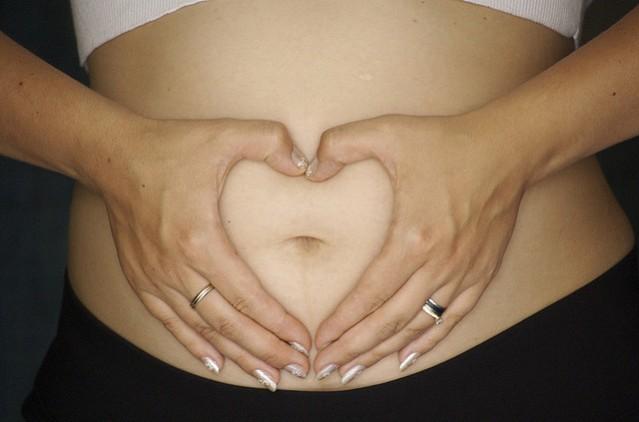
Pregnant women and new moms should include more iodine-rich foods into their diet to help boost their baby's brain development, according to the American Academy of Pediatrics (AAP), the professional association of paediatricians in the U.S.
As it is often difficult to maintain adequate levels of the nutrient in the body only through diet, researchers recommended expecting moms and lactating women to take iodine supplements.
Iodine, an important nutrient that helps in the normal development of the brain and nervous system before and after a child's birth, cannot be produced in the body. Iodine is stored in the thyroid, a gland in the neck. Thyroid requires adequate levels of iodine to produce thyroid hormones, which plays a major role in brain development. Children of iodine deficient mothers are more likely to suffer from goitre or enlargement of thyroid gland, hypothyroidism, and mental retardation, according to the American Thyroid Association.
It is either acquired through natural dietary sources like cheese, cow's milk, soy milk, yogurt, iodized table salt, shell fish, eggs, seaweed, saltwater fish, soy sauce; or through supplements. Pregnant women and breastfeeding moms need 220µg and 270µg of iodine every day, according to health experts.
Suffering from even mild hypothyroidism in infancy can leave a negative impact on the baby's cognitive development, the AAP researchers warned.
Maternal Iodine deficiency can increase both mother and child's vulnerability to the effects of certain environmental pollutants, including thiocyanate , nitrate and perchlorate. Thiocyanate is normally found in tobacco smoke and cruciferous vegetables; nitrate in leafy and root vegetables; perchlorate in public drinking water. The paediatricians also urged to take the necessary steps to improve labelling of supplements so that the consumer will get a clear idea of the iodine content in them.
The study titled "Iodine Deficiency, Pollutant Chemicals, and the Thyroid: New Information on an Old Problem," has been published in the online edition of Pediatrics.
Similar to the current study, countless studies in the past have shown the negative impact of iodine deficiency on children. Last year, a team of UK researchers linked mild or moderate iodine deficiency in pregnancy to low IQ in children. Margaret Rayman of the University of Surrey and colleagues found a clear link between the mother's iodine status in pregnancy and the child's ability to perform. Children of women with iodine deficiency performed worse in verbal IQ, reading accuracy and reading comprehension.
Similarly in 2012, researchers Alex Stagnaro-Green and Elizabeth Pearce found that many prenatal multivitamins do not contain iodine and that majority of pregnant women were not taking iodine supplements.
















